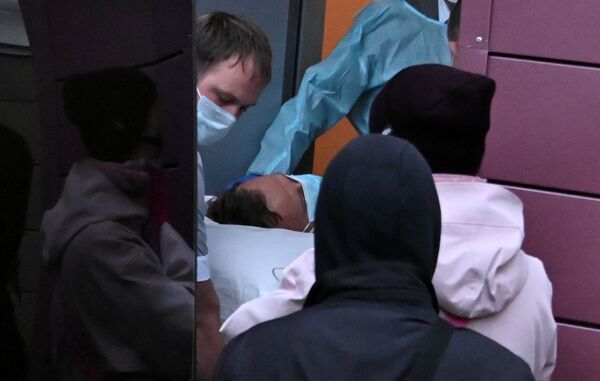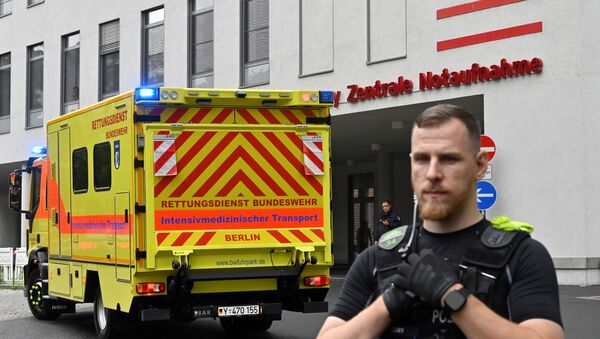According to the publication, experts from the Bundeswehr Institute of Pharmacology and Toxicology analyzed Navalny's blood and urine, as well as traces on the bottle that the opposition figure had with him. Based on the analyzes, a conclusion was made about the allegedly "stronger" type of the poisonous substance.
Meanwhile, one of Novichok's developers, Leonid Rink, said that the "stronger" type of Novichok, with which, as German intelligence claims, Navalny was allegedly poisoned, does not belong to binary poisonous substances, and even more so to this type.
"This is nonsense. The substance Der Spiegel wrote about is a substance that melts at higher temperatures. Under normal conditions, it is solid. It certainly was not Novichok. What they write about is a different class of substance. It has never been a binary weapon. It does not belong [to the Novichok group], this substance is from a different class," Rink said.
Navalny fell ill on a Russian domestic flight from Tomsk to Moscow on 20 August and was hospitalised after an emergency landing in Omsk. Navalny's press secretary Kira Yarmysh rushed to claim that the opposition politician was poisoned but Russian doctors, who fought for Navalny's life for 44 hours non-stop after the incident, said that his samples showed no traces of any poisonous substances and suggested that he could have suffered from an abrupt drop in blood sugar level.

On 22 August, Navalny was flown to Berlin to continue treatment at the Charite clinic. Soon, German doctors announced that they had found traces of a substance from a group of cholinesterase inhibitors, and later it was asserted that Navalny was "poisoned" with a nerve agent from the Russian-made Novichok group. Moscow responded by pointing to the lack of evidence for Berlin's claims and sent requests for legal assistance and more information on Navalny's case.


